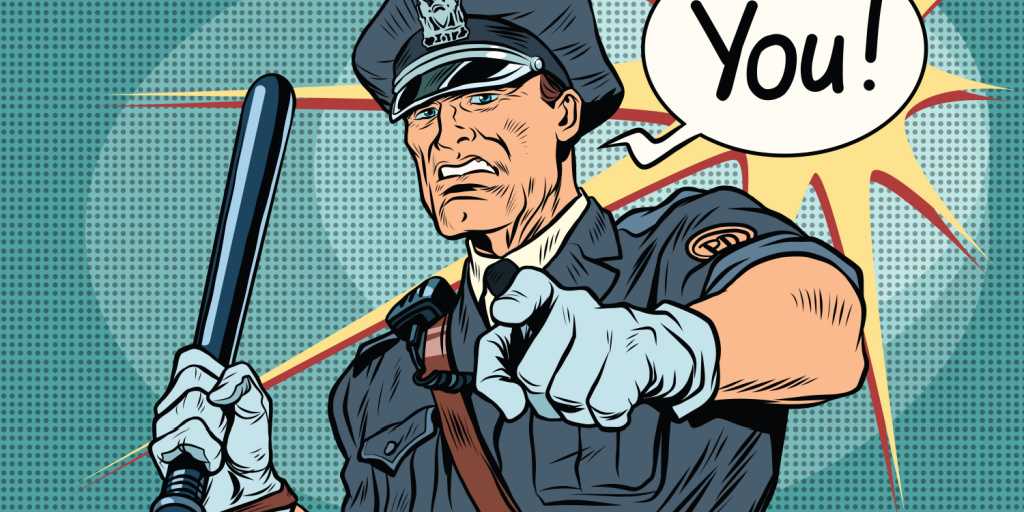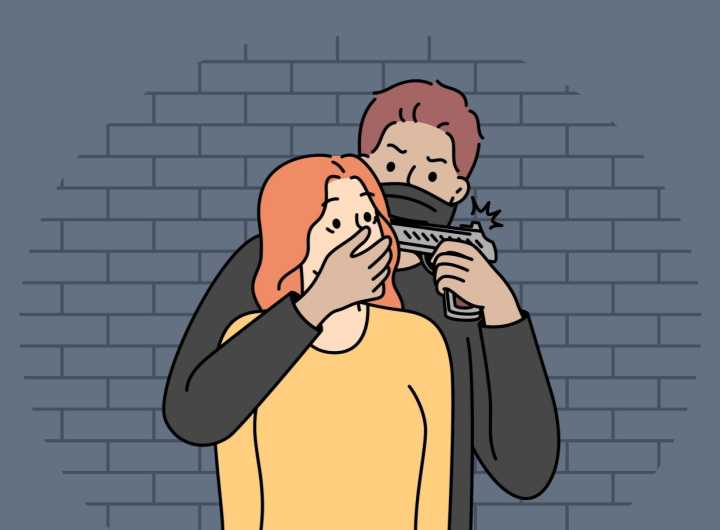Alabama Judge Orders Offenders to Donate Blood or Go to Jail for Unpaid Fines.
A rural Alabama judge is facing criticism, and an ethics complaint, for telling a courtroom full of defendants, many indigent, facing unpaid fines: “If you do not have any money and you don’t want to go to jail, consider giving blood today and give me back your receipt.”
Perry County Circuit Judge Marvin Wiggins, no stranger to controversy, also warned the defendants that the sheriff “had enough handcuffs” for those unable to pay and unwilling to donate blood. A formal complaint was filed Monday with the Judicial Inquiry Commission of Alabama.
NYU law professor Tony Thompson told the Daily News, “What Judge Wiggins did was not only illegal, but was unconscionable.” Thompson added, “States have been long prohibited from imposing unduly harsh or discriminatory practices because someone owes the debt to the public rather than a private creditor.”
The “blood donation” ultimatum was not the first of Wiggins’s controversies. According to The Birmingham News, Wiggins was publicly reprimanded and made to work 90 days without pay in 2009 for his involvement in a voter fraud investigation. He was also removed from the Alabama State University Board of Trustees in 2014 for “conflict-of-interest violations.”
As to the most recent complaint, Judge Wiggins was reportedly said to have considered the option of giving blood, “a discount rather than putting you in jail.” However, it was also reported that no defendant who donated blood at the behest of Judge Wiggins actually received any discount on their outstanding fines and fees.
Recommended Articles

Arizona’s new sealing statute is a powerful way for people who have been charged or convicted of many common offenses, to be able to say “no” in many instances.

In Arizona, “Aggravated Assault” charged under ARS § 13-1204 is a Class Four Felony, and in some cases with mandatory prison.

DUI or domestic violence police misconduct even if not resulting in grievous misfortune can sometimes provide a helpful remedy for the criminally accused.

people are surprised by how outsized the consequences some misdemeanor convictions can be. collateral consequences—meaning all those hidden consequences.

For thirty years two federal laws prohibited all those convicted of misdemeanor domestic violence offenses from ever possessing firearms.

About Michael Harwin
Michael’s skill and experience have been recognized repeatedly. He holds an A-V 5/5 preeminent rating by Martindale Hubbell. He has been named one of the top lawyers in Arizona by Southwest Superlawyers, and one of the best lawyers in Tucson by Tucson Lifestyle Magazine. He also has been named one of the best lawyers in the United States by BestofUS.com , and given the highest rating possible by AVVO, 10/10 Superb. Amazon Books

